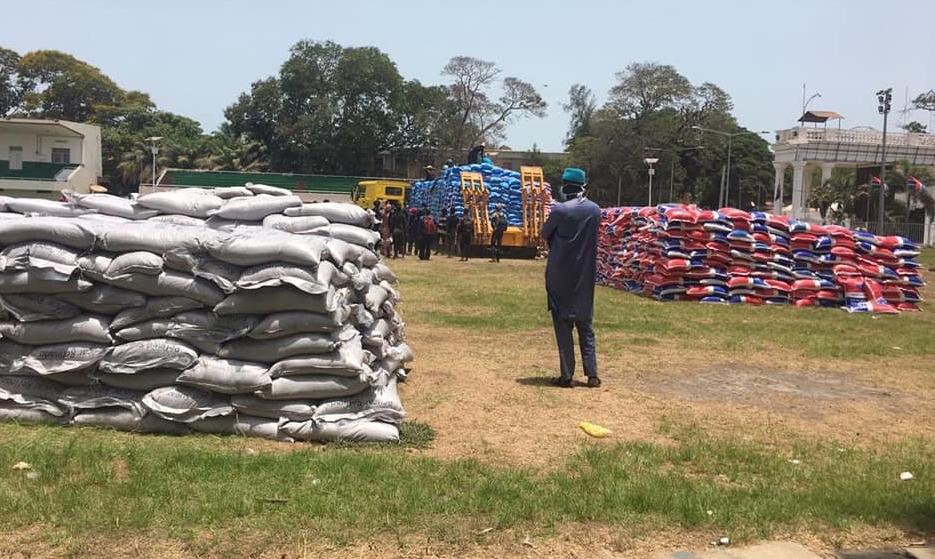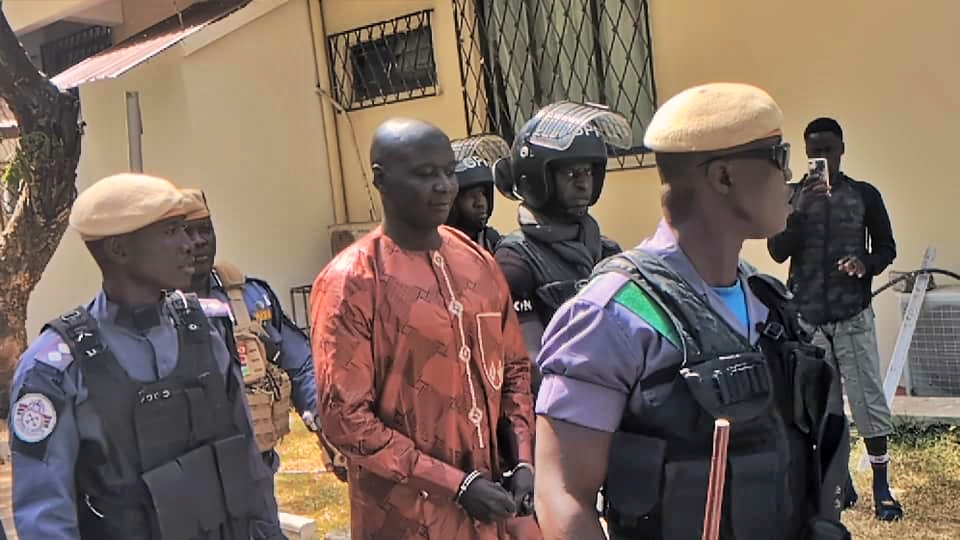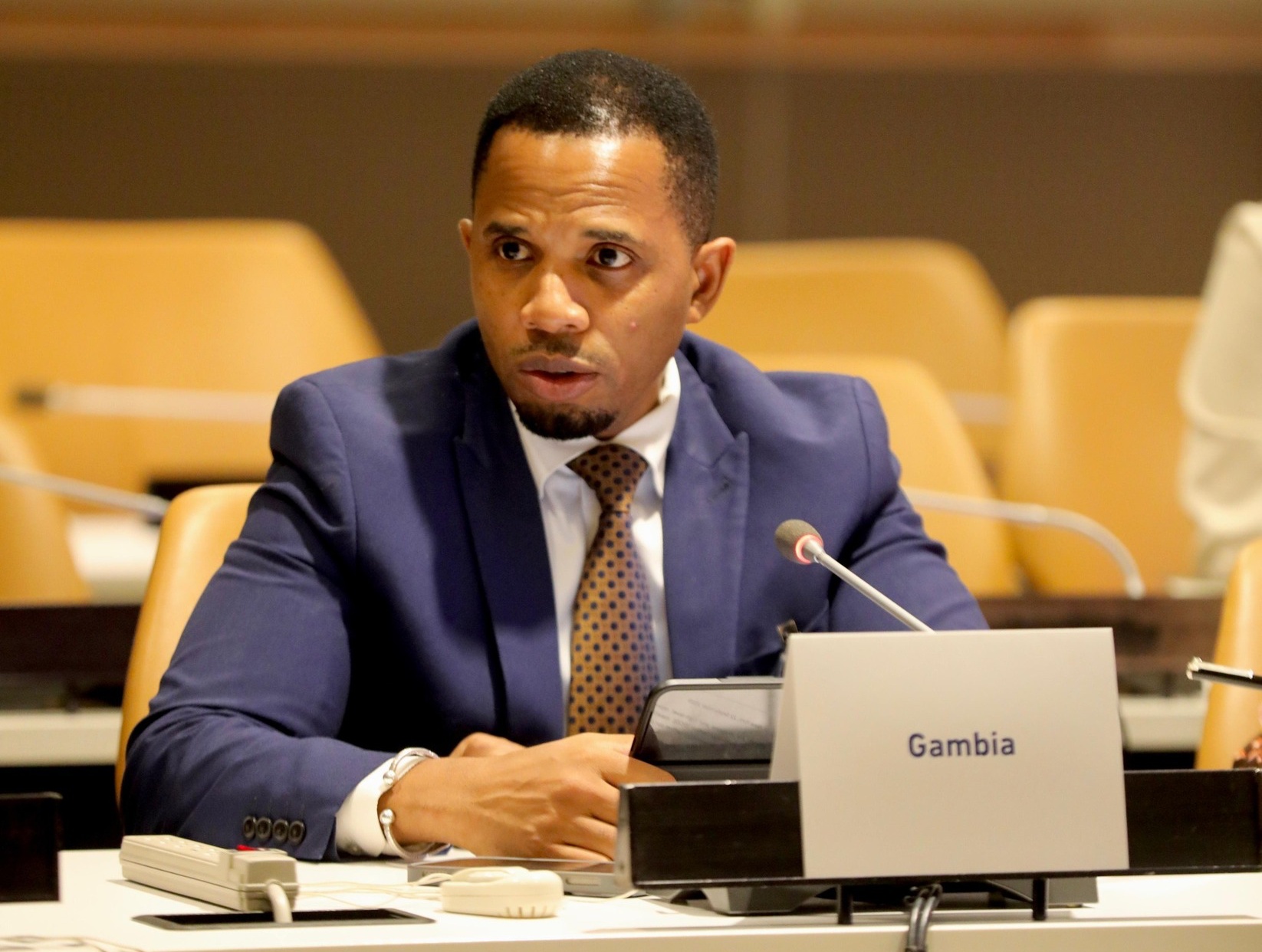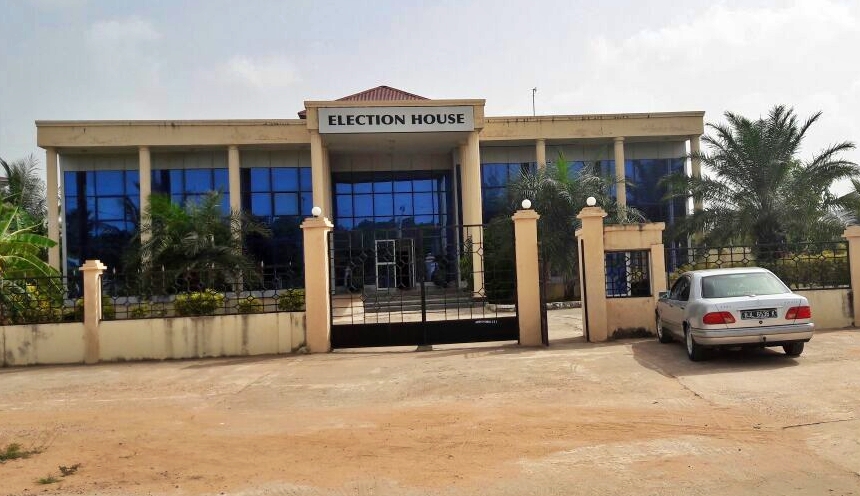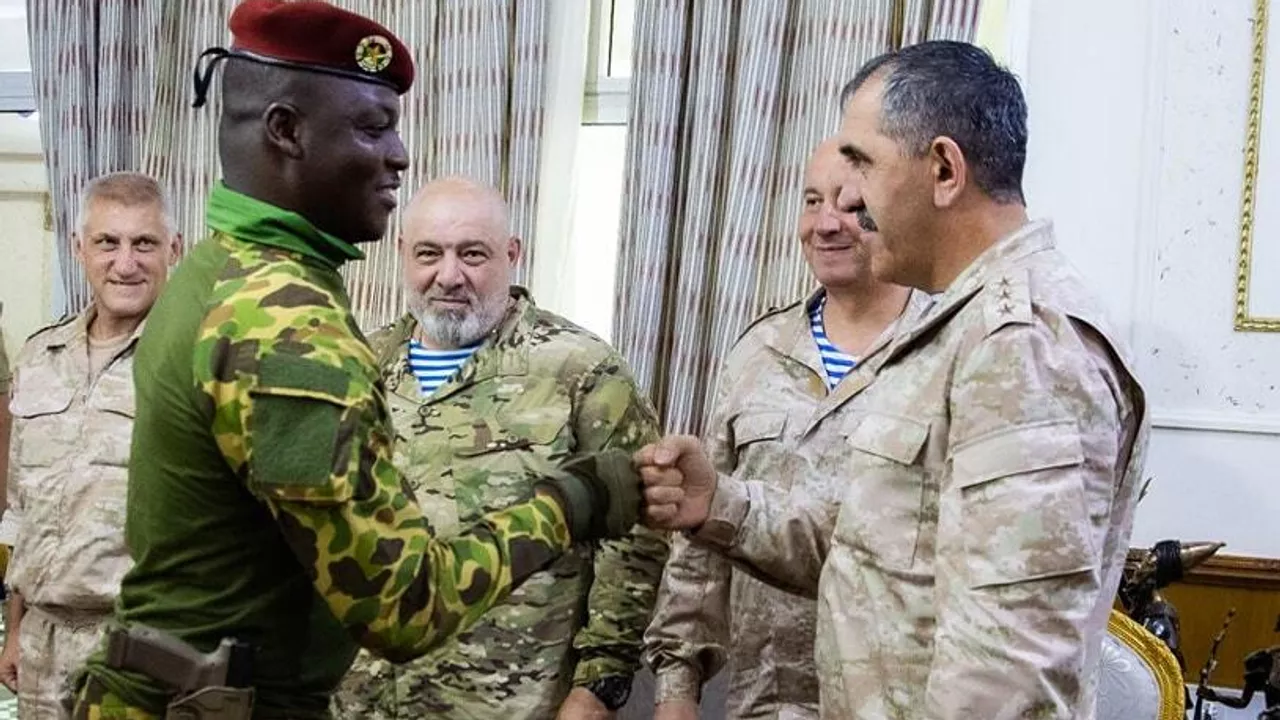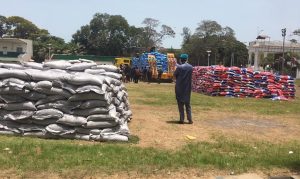Gambiaj.com – Ethiopia, Tunisia, Burkina Faso, Mali, Uganda… Agreements with the Russian company Rosatom are flourishing everywhere.
But behind the announcement effects, the reality is more complex: in Burkina Faso, for example, the recent signing of an agreement to “build nuclear power plants by 2030” seems at least ambitious. On financing, first. The cost of the latest nuclear reactor delivered by Rosatom to Bangladesh amounts to $12.65 billion, or 80% of Burkina Faso’s 2020 GDP.
Recently, Russia and the Republic of Guinea have signed a memorandum at the St. Petersburg International Economic Forum (SPIEF) for floating nuclear power plant construction. Rosatom plans to study the project’s implementation in Guinea and finalize terms.
Beijing in Ambush
In its African nuclear offensive, which is part of a willingness to take market shares from France, the United States, and South Korea, Moscow has a serious competitor: Beijing. After signing an agreement in 2014 with South Africa, which then planned to equip itself with new reactors for 9.6 GW power, China planted its flag in Khartoum and Nairobi. In 2015, Beijing signed a partnership with the Kenya Nuclear Electricity Board (KNEB) to equip the country with a 1 GW power plant “by 2025.” However, these plans are far from coming out of the ground.
Lavrov Confirms Russia’s Presence in Africa
Sergei Lavrov’s African tour led him to Guinea, Congo-Brazzaville, Burkina Faso, and Chad. At each stop, he was received with respect from heads of state. The Russian Foreign Minister did not fail to target the West, and France in particular. His strategy and rhetoric remind many of the Cold War era when Africa was a battleground for influence between the two blocs.
Getting Out of Isolation
“Our friendship with the Republic of Chad will not affect [N’Djamena’s] relations with France. France has another approach: ‘Either you are with us or you are against us,’” Putin’s envoy declared at a joint press conference with his Chadian counterpart Abderaman Koulamallah.
Moscow, now a steadfast supporter of Chad, seems to be pursuing a policy of alliances that would extend from the Gulf of Guinea to the Red Sea, encompassing Guinea, Mali, Burkina Faso, Niger, Libya, Chad, Central Africa, and Sudan.
Source: Jeune Afrique




